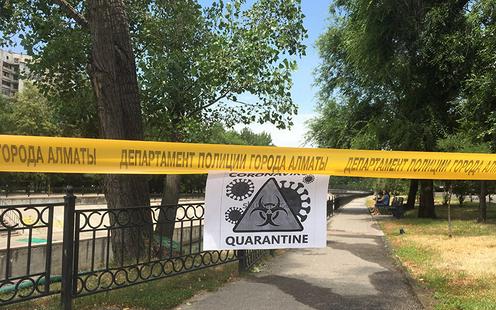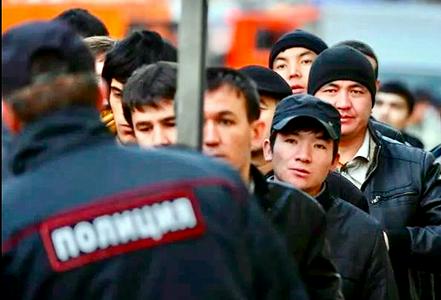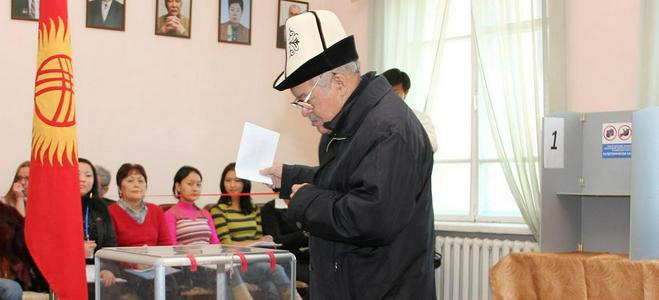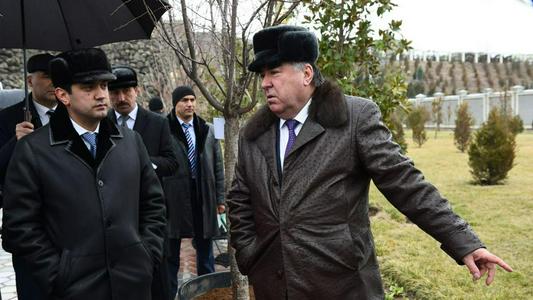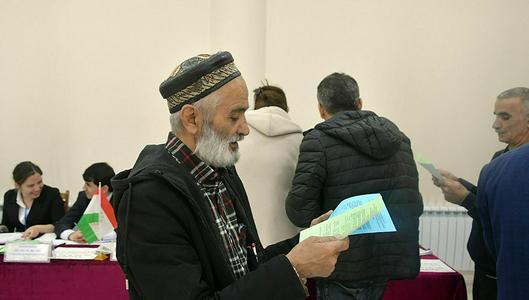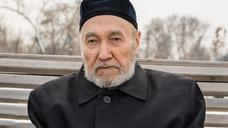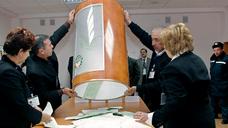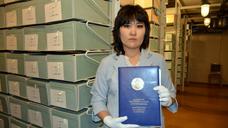Kazakhstan looks set to reintroduce a strict lockdown due to the increasing spread of the coronavirus in the country. President Qasym-Zhomart Toqaev yesterday ordered a new government commission to draw up the relevant plans for such a move, the website of the Akorda reports (in Russian).
“With the aim of taking emergency measures to stabilise the current epidemiological situation, I am tasking the State Commission within a two-day period to draw up and report back to me with proposals on introducing a strict lockdown similar to that which was in place between March and May of this year,” Toqaev stated at a meeting on the fight against the coronavirus.
He said that the interdepartmental commission on the virus has failed to take charge of the situation and that all decisions on the fight against the pandemic will therefore now be devised by a state commission under the leadership of the country’s prime minister.
As reported yesterday and last week, rising COVID-19 cases in Kazakhstan have led to concerns that the country’s healthcare system may be on the brink of collapse. Last night, state television declared that the “the situation with the coronavirus in Kazakhstan has gotten out of control – there are not enough coronavirus tests to meet demand, pharmacies are seeing shortages of medication, there are queues at polyclinics and hospitals are overfull”. Referring to Kazakhstan’s inclusion on a recent WHO list of countries seeing a “very significant resurgence” of COVID-19, Toqaev himself said that international observers had characterised the situation in the country as “critical, and on the verge of becoming unmanageable” and stated that such an appraisal harms Kazakhstan’s international reputation.
In order to resolve these issues, as well as a likely reintroduction of a lockdown, Toqaev has ordered the number of beds in infectious diseases facilities around the country to be increased by 50% by the end of July. He also charged the commission with increasing the number of PCR-testing laboratories and ensuring an uninterrupted supply of reagents. “Members of the public are rightly complaining of huge queues outside of laboratories and the non-observation of sanitary regulations in queues. All this entails a direct risk of infection. For this reason PCR testing must be done strictly through online registration or through a call centre in order to prevent infections and ensure centralised distribution of resources and accountability. It is extremely important that we set up mobile laboratories for work in infection hotspots, particularly in rural locations, and direct resources to the further development of mobile services,” the president said.
Today, new health minister Aleksey Tsoy has put forward recommendations for a four-week lockdown (news to follow).
